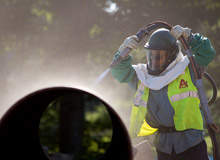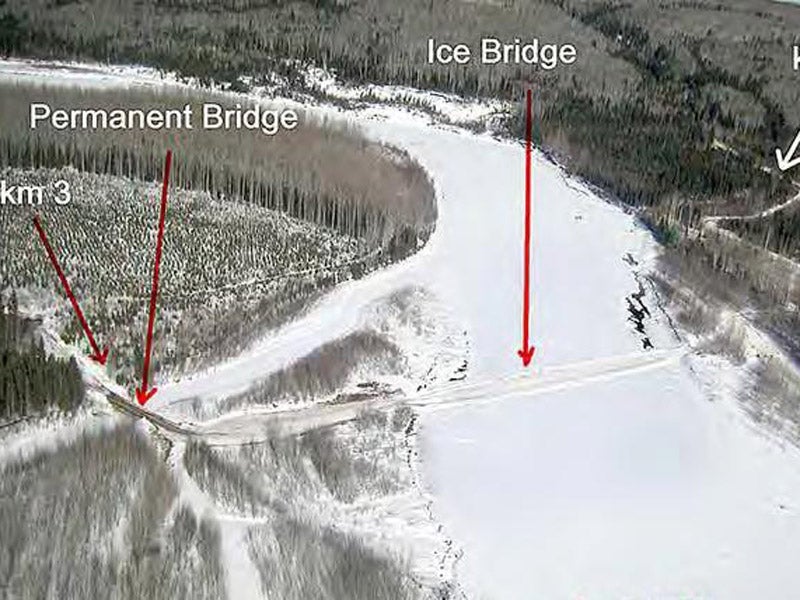

The Fort Nelson Carbon Capture and Storage (CCS) Feasibility Project is the result of an international collaboration between industry, Natural Resources Canada, the US Department of Energy, the province of British Columbia, University of Victoria, and a multidisciplinary technical team led by Spectra Energy in partnership with the Plains CO2 Reduction (PCOR).
The $34.1m project is proposed to reduce CO2 emissions from Spectra Energy’s Fort Nelson natural gas processing plant (FNGP) located in northeast British Columbia. It is expected to capture up to 2.2 million tonnes of CO2 a year and will complement British Columbia’s greenhouse gases (GHG) emissions reduction target of 33% by 2020.
It also renders a unique opportunity to demonstrate geological, technical and commercial feasibility of injecting large volumes of CO2 and develop a set of cost-efficient and risk-based monitoring techniques for large-scale storage of CO2 in deep saline formations.
Fort Nelson CCS project location
Spectra Energy is currently investigating a site situated at a depth of 2,200m into subsurface geological formations, located near the existing Fort Nelson Gas Plant in north-eastern British Columbia.
The remote location of Fort Nelson CCS project is accessible only during winter using ice bridge and ice roads. Pre-feasibility work has confirmed that the geology of Fort Nelson site is well suited for large-scale carbon capture and storage.
Fort Nelson CCS project details
The project received support from the Government of Canada, Government of British Columbia, and the US Department of Energy.
Spectra Energy completed the initial feasibility work associated with initial geological, technical and economical studies required to capture, transport and safely inject CO2 into deep saline formations in the region.
The next stage in the feasibility works is the geological assessment, which includes extraction of core samples and testing the physical properties of the saline formation, into which the CO2 would be sequestered. The core sample is collected by drilling 2.5km into multiple sub surface formations.
The results from the geological assessments and technical, regulatory and economical feasibility studies would determine the viability of developing the full-scale project.
Technology usage
Raw natural gas is purified at the Fort Nelson natural gas processing plant by removing CO2, H2S, nitrogen, and natural gas liquids such as butane and propane.
The CCS project will pipe the sour CO2, which is a mixture of CO2 and H2S from Spectra Energy’s Fort Nelson processing facility, to the site where it would be injected underground into saline formation for permanent storage.
The sour CO2 stream contains approximately 95% of CO2 and 5% H2S and will be compressed to supercritical fluid and then transported through a pipeline to the injection site.
In the saline formations, some of the sour CO2 will dissolve in the highly saline water and fill the pores of the rock while the rest of the sour CO2 will remain in supercritical state due to the high pressure and temperature conditions.
The proposed injection sites would be capped by 550m-thick Fort Simpson and Muskwa Shale, acting as an impermeable seal.
Monitoring, verification and accounting (MVA) strategies on the natural traces, water composition, subsurface and well logs would be implemented to monitor the underground movement of the CO2.
The MVA data can be used to modify and improve the injection design if required.
Funding for the carbon capture and storage project
The project will receive $11.7m from the Government of Canada through the ecoENERGY Technology Initiative, $7.2m from the US Department of Energy through the Plains CO2 Reduction (PCOR) Partnership) and $3.4m from the Government of British Columbia. Spectra Energy Transmission is investing $11.8m in the project.
Key players involved
Spectra Energy Transmission is leading the project in collaboration with the government and universities. The PCOR partnership is providing technical and economical feasibility studies for the project, while RPS group is performing well interpretation studies.



